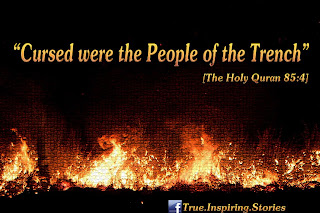Narrated Abu Huraira:
The Prophet said, “When it is a Friday, the angels stand at the gate of the mosque and keep on writing the names of the persons coming to the mosque in succession according to their arrivals. The example of the one who enters the mosque in the earliest hour is that of one offering a camel (in sacrifice).
The one coming next is like one offering a cow and then a ram and then a chicken and then an egg respectively. When the Imam comes out (for Jumua prayer) they (i.e. angels) fold their papers and listen to the Khutba.”
(Sahih Bukhari)
O you who believe! When the call is proclaimed to prayer on Friday, then proceed to the remembrance of Allah and leave trade. That is better for you, if you only knew.
And when the prayer has been concluded, disperse within the land and seek from the bounty of Allah , and remember Allah often that you may succeed.
(Qur'an, 62: 9-10)
The bigger you want your reward to be, the more you gotta work for it. Eggs don’t weigh much, you know. And what do you think about those who reach the masjid after the Imaam comes out? Even angels leave their jobs at that time to listen to the khutbah!
By Inspiring Stories
The Prophet said, “When it is a Friday, the angels stand at the gate of the mosque and keep on writing the names of the persons coming to the mosque in succession according to their arrivals. The example of the one who enters the mosque in the earliest hour is that of one offering a camel (in sacrifice).
The one coming next is like one offering a cow and then a ram and then a chicken and then an egg respectively. When the Imam comes out (for Jumua prayer) they (i.e. angels) fold their papers and listen to the Khutba.”
(Sahih Bukhari)
O you who believe! When the call is proclaimed to prayer on Friday, then proceed to the remembrance of Allah and leave trade. That is better for you, if you only knew.
And when the prayer has been concluded, disperse within the land and seek from the bounty of Allah , and remember Allah often that you may succeed.
(Qur'an, 62: 9-10)
The bigger you want your reward to be, the more you gotta work for it. Eggs don’t weigh much, you know. And what do you think about those who reach the masjid after the Imaam comes out? Even angels leave their jobs at that time to listen to the khutbah!
By Inspiring Stories






+of+Emerald-City-of-Oz-11-2011.jpg)



+of+mountain_top_cast.jpg)





